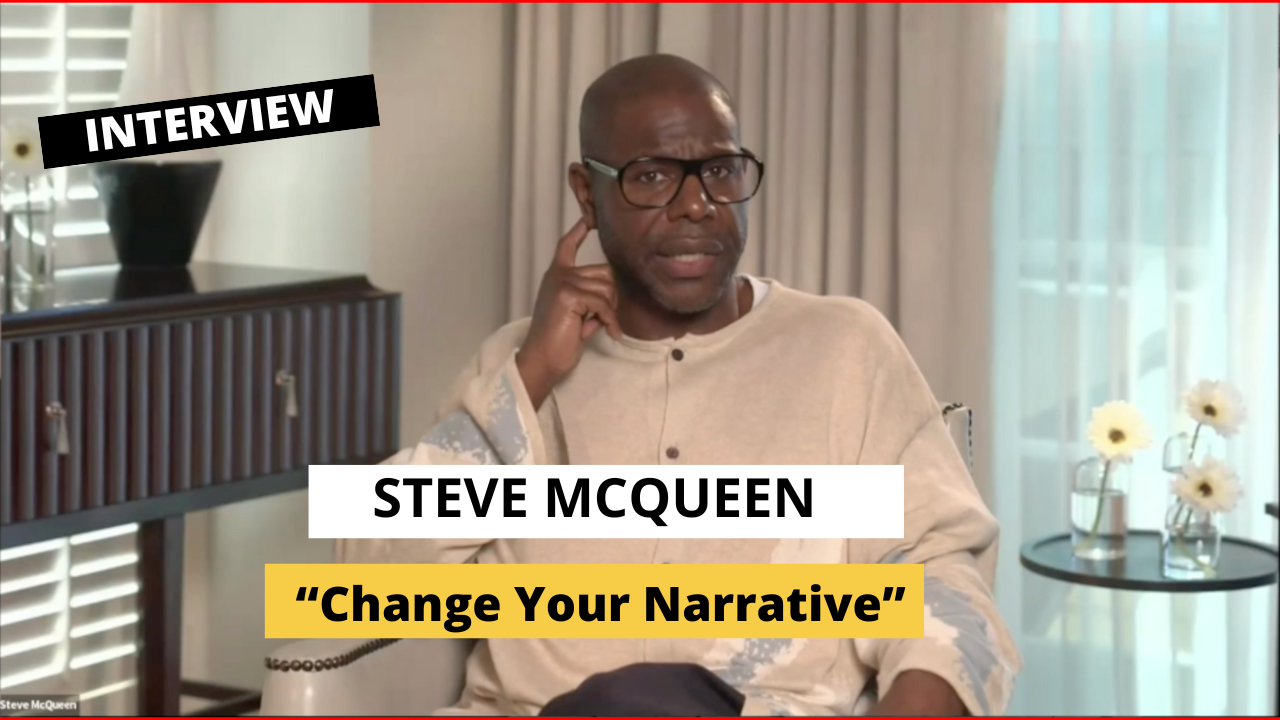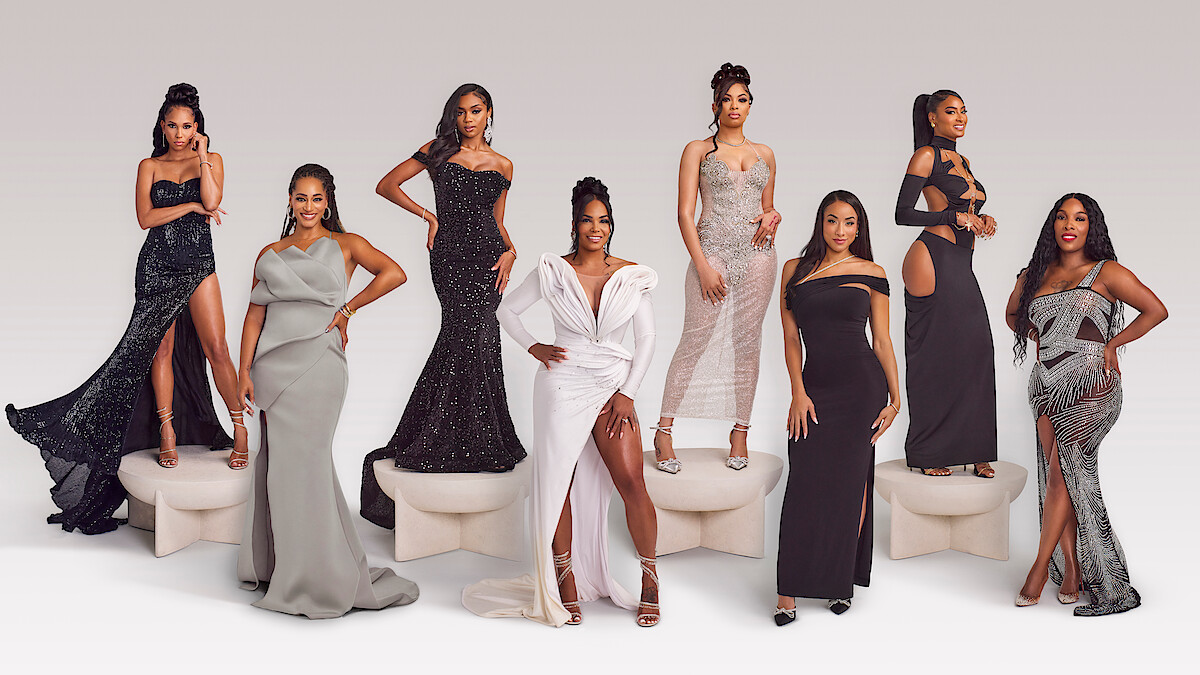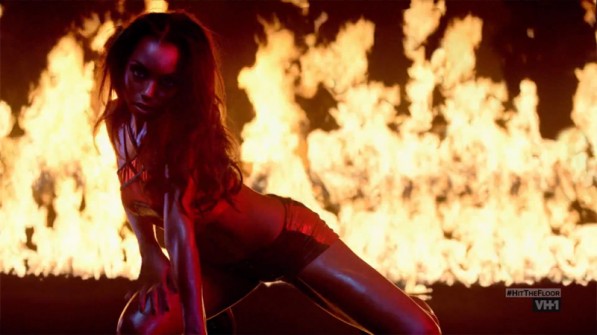Kareem Abdul-Jabbar is a cerebral guy. That’s not a newsflash. But Kareem putting an intellectual spin on how reality TV shows like the “Real Housewives of …” have made America better is an interesting topic. Especially in light of the backlash that some of these shows have received for bullying and violence. But Kareem makes a few valid points about how people are seeing themselves in the “characters” on screen. It’s sort of like the saying if everyone was to throw their problems in a pile, you’d quickly grab your own back.
Check out some of the Captain’s observations.
Lesson #1: They force us to redefine our notions of “reality.”
There are more fascinating comparisons. I appreciate his take on it. He understands the main goal is to entertain and acknowledges he receives that from these shows. But also uses them as sort of modern day fables to break down the current pulse of American culture. Deep stuff from the shallow end of the pool. Make sure you checkout the complete piece at the Huffington Post.





